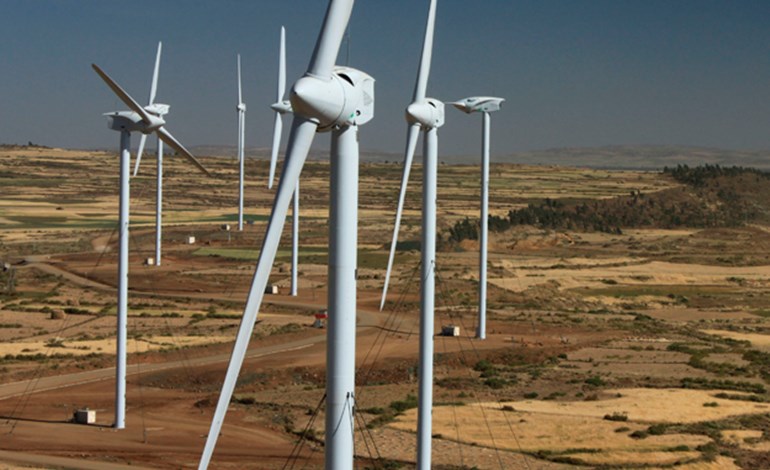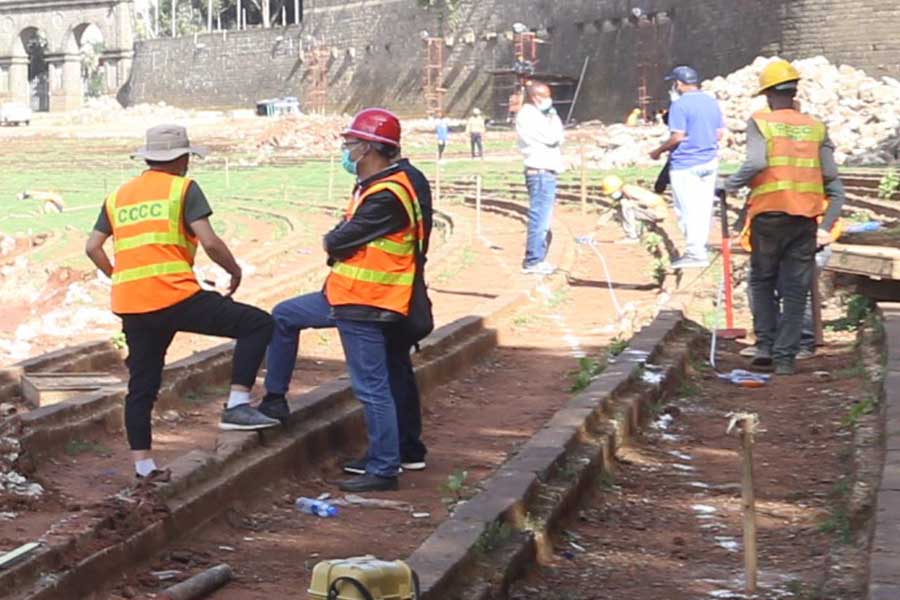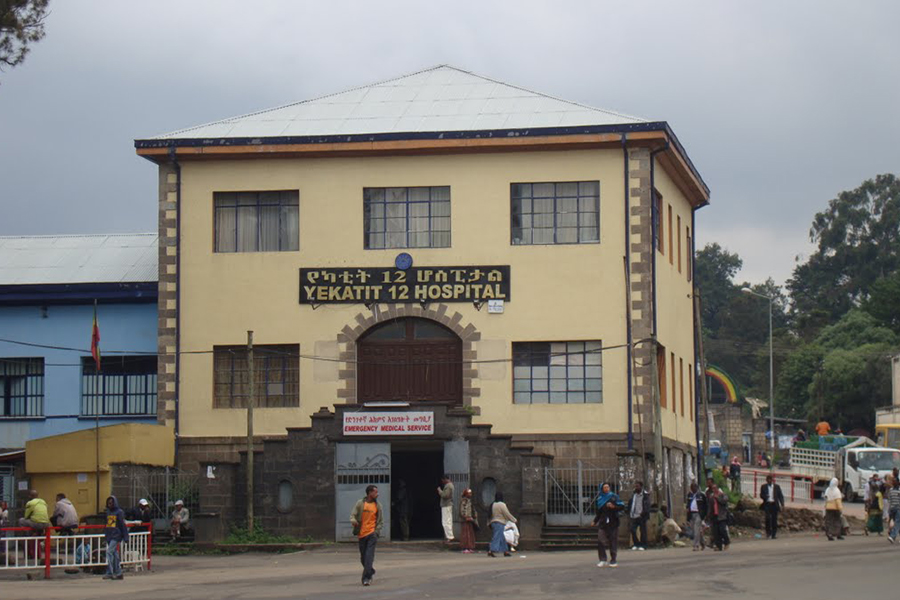
Fortune News | Apr 17,2020
The Ministry of Agriculture has started the process of importing two dairy cattle breeds with an estimated 30 million Br in support from the World Bank Group.
The Ministry is importing 75 Jersey and 150 Holstein Friesian cattle breeds for dairy and butter production, respectively. For the cattle, the Ministry is constructing a post-quarantine centre at Holeta Dairy Cattle’s Genetic Improvement Centre at Holeta town, 29Km from Addis Abeba, for 29 million Br. The Centre has a facility for an animal feed processing plant, feed machinery and milking machines among others.
Jersey and Holstein Friesian cattle breeds have an estimated capacity to supply between 30lt and 40lt of milk a day. The local breeds are currently providing a maximum of eight litres a day.
The main aim of importing the breeds is to use them for crossbreeding through Artificial Insemination (AI) [the process of collecting sperm cells from a male animal and manually depositing them into the reproductive tract of a female] in order to boost local productivity, according to Thomas Chernet (PhD), a national project coordinator at the Ministry.
The initiative is under the Livestock & Fisheries Sector Development Project, and a six-year project was kicked off in 2018 with a 170-million-dollar loan from the World Bank that will be paid in 50 years.
“It’s a part of the ongoing effort to support the livestock and fisheries sub-sectors,” said Thomas, "and it’s to improve the cattle breed and their production."
So far, the Ministry has imported the same cattle breeds from the Netherlands and South Africa.
Ethiopia has a large livestock population, which comprises close to 60 million cattle, 30.7 million sheep and 30.2 million goats. Ten million dairy cows are producing approximately 3.2 billion litres of milk annually, according to research conducted by the Biomedical Journal of Scientific & Technical Research last year.
The construction of the quarantine centre is intended to prevent diseases within cattle populations, according to Esayas Tessema, deputy director-general at the National Animal Genetics Improvement Institute.
The Ministry has started the process of hiring a contractor for the quarantine centre, which is expected to be completed within five to six months after construction begins. It is also working on the specification and criteria to float an international tender inviting companies for the supply of the breeds.
However, the COVID-19 pandemic has limited the Ministry from proceeding with the procurement process of the breeds, according to Thomas.
Research conducted by the Ministry's research centre indicated that the cross-breeding of the two breeds with the local Boran cattle would yield better outcomes and help small-scale commercial farmers in urban and periurban areas of the country.
Currently, the Ministry operates five animal quarantine centres in Mile, Jigijiga, Metema, Humera and Almehal, which are the exit corridors for the export of cattle to the Middle East and North Africa. It is also working on running these centres through public-private partnership (PPP) agreements. The Ministry has breeding ranches in Bahir Dar, Hawassa, Asela and Kombolcha among other places.
During the first half of this fiscal year, the export volume of live animals increased by 74.1pc despite the 4.9pc decline in international prices. The share of live animals in total merchandise exports increased to 3.3pc from 2.3pc the year before. Saudi Arabia is the primary recipient of live animals from Ethiopia, followed by Kuwait, the United Arab Emirates, Qatar and North African countries.
For Berhan Tamir, a professor at Addis Abeba University's College of Veterinary Medicine & Agriculture, importing cattle to crossbreed has potential importance in terms of increasing production and improving breeds.
PUBLISHED ON
Jun 07,2020 [ VOL
21 , NO
1050]

Fortune News | Apr 17,2020

Radar | Jul 25,2020

Radar | Apr 09,2022

Fortune News | Sep 10,2021

Fortune News | Jul 29,2023

Radar | Oct 08,2022

Radar | Sep 14,2024

Radar | Jul 11,2021

Fortune News | Aug 22,2020

Fortune News | Sep 10,2022

Dec 22 , 2024 . By TIZITA SHEWAFERAW
Charged with transforming colossal state-owned enterprises into modern and competitiv...

Aug 18 , 2024 . By AKSAH ITALO
Although predictable Yonas Zerihun's job in the ride-hailing service is not immune to...

Jul 28 , 2024 . By TIZITA SHEWAFERAW
Unhabitual, perhaps too many, Samuel Gebreyohannes, 38, used to occasionally enjoy a couple of beers at breakfast. However, he recently swit...

Jul 13 , 2024 . By AKSAH ITALO
Investors who rely on tractors, trucks, and field vehicles for commuting, transporting commodities, and f...

Oct 4 , 2025
Eyob Tekalegn (PhD) had been in the Governor's chair for only weeks when, on Septembe...

Sep 27 , 2025
Four years into an experiment with “shock therapy” in education, the national moo...

Sep 20 , 2025
Getachew Reda's return to the national stage was always going to stir attention. Once...

Sep 13 , 2025
At its launch in Nairobi two years ago, the Africa Climate Summit was billed as the f...